Written by: Oscar Wegner
__________
***World-renowned coach, author and educator, and a tour player in the 1960s, Oscar Wegner created Modern Tennis Methodology to contribute to the advancement and popularity of tennis worldwide. He modeled the strokes after the best examples of all time, encouraging applying the techniques in a simple, natural, and idiosyncratic way. Oscar is widely acclaimed for his critical impact to the sport of tennis in countries like Spain, Russia, and all of South America. In the past two decades China and Eastern Europe have converted to his coaching techniques. Over the past 40 years Oscar has played an instrumental role in educating and inspiring tens of thousands of tennis coaches and players at all levels, corroborating their success with thousands of testimonials, letters and e-mails. To learn more, visit www.tennisteacher.com***
__________
Questions from Oscar and a final reflection that may help.
My question to the parent: “What did you say?”
Response from the parent: “Well, I encourage him to be positive”
My question to the parent: “What did you say?”
Parent: “I told him he was going to win. He is better than the other kid”
Oscar: “What else did you say?”
Parent: “I told him he was going to love it. It was going to be a warm up for the rest of the tournament. My son is 14 and the other kid is only 13, just out of the 12 and under. And my son has been practicing so well lately”
Oscar: “What else did you say?”
Parent: “You are going to win”
Oscar: “What else did you say?”
Parent: “You are the number one seed and this is only your first round”
Oscar: “What else did you say?”
Parent: “You are so much better that the other guys”
Oscar: “What else did you say?”
Parent: “Well, he was silent while we drove half hour to the tournament, so I was trying to encourage him to think positive”
Oscar: “What else did you say?”
Parent: “Let me think. I said it was a very nice day”
Oscar: “What else did you say?”
Parent: “Mmmmm, I told him he plays better in sunny days”
Oscar: “What else did you say?”
Parent: “Especially when there is no wind”
Oscar: “What else did you say?”
Parent: “That the kid is a lefty and my son loves playing lefties”
Oscar: “What else did you say?”
Parent: “I told him that he serves very well to the backhand with lefties and then he works them on their backhand”
Oscar: “What else did you say?”
Parent: “Well, I told him only positive things. He should be positive”
Oscar: “What else did you say?”
Parent: “Well, I told him he was being very negative”
Oscar: “What else did you say?”
Parent: “Well, he was looking out the right window and was not listening to me”
Oscar: “What else did you say?”
Parent: “I told him he was very negative this morning. He didn’t want to talk”
Oscar: “What else did you say?”
Parent: “I told him that he needed to be positive if he wanted to win the match”
Oscar: “What else did you say?”
Parent: “Well, it took half hour to get to the match, so I must have said something else”
Oscar: “What else did you say?”
Parent: “”Well, I said of he was so negative I wasn’t going to drive him to play tournaments anymore”
Oscar: “What else did you say?”
Parent: “I was getting mad. No response, no acknowledgement at all to what I was saying”
Oscar: “What else did you say?”
Parent: “I said I don’t want to talk any more. As a matter of fact I am getting tired of answering your questions”
Oscar: “What else did you say?”
Parent: “”I said you are so negative. Why I am trying to make you positive?”
Oscar: “What else did you say?”
Parent: “We were at the club already. I said go and warm up, you have 30 minutes, do some jumping jacks and some stretches, it will help you be ready for the match. You can also go to the wall. It is so good for you”
Oscar: “What else did you say?”
Parent: “Well, that was it. He went right to the bathroom. He left the tennis bag with me. I went to check him in at the desk. They told me that he should check in himself. I told them that he needed to go to the bathroom urgently and that this was his bag”
Oscar: “Anything else”?
Parent: “Well, I went to the bathroom to check on him. 15 or 20 minutes and he wasn’t coming out. I tried to open the door from the stall and all I got was -“I am busy” – he came out about five minutes later and picked up his bag, went to the tournament desk to find out which court he was playing on, they gave him a can of balls and there he went with his opponent. He looked gloomy and out of it. I don’t know what happens to kids these days, they don’t care, all they do is stare at their telephones and their silly texting, computer games. They don’t have any communication with their parents, who knows what they are doing when they are not home. They are closer to their friends than to their parents”
Oscar: “Anything else”?
Parent: “Well, I knew it was of those bad days. Almost like a different person. He seemed like he was somewhere else”
Oscar: “Anything else”?
Parent: “Nothing really. He lost. I just said bad luck. We walked back to the car. I didn’t say anything at all on the way back”
Oscar: “Anything else”?
Parent: “Not really. He was looking out the window the whole time. I don’t let him use his phone in the car, no texting either. It makes me nervous when I drive”
Oscar: “Anything else”?
Parent: “Ah, we almost got in an accident. Somebody in front of me stopped abruptly at a red light”
Oscar: “Anything else”?
Parent: “Well, I told him look what you almost got me into. You make me upset”
Oscar: “Anything else”?
Parent: “Nothing after that. He kept looking out of the right window”
Oscar: “Anything else”?
Parent: “No, we went right in the house”
Oscar: “Anything else”?
Parent: “He didn’t even look at me. He started talking to his Mom”
Oscar: “What did he say?”
Parent: “He said, Mom, I want to go to Spain”
Oscar: “Anything else?”
Parent: “His Mom said that traveling to Spain could be very expensive. Ah, she also told him that he didn’t speak Spanish”
Oscar: “Anything else?
Parent: “She asked me if there were any Spanish academies in the United States. Before I could respond, while I was thinking, he took his phone out of his pocket, didn’t look at anybody and went to his room”
——
While this is not a true story, I have seen similar cases many times. I created this story to emphasize that tennis is a creation. Kids love to create, to compete and try to solve problems on their own. So do adults. Excessive parenting, whether it is done to “protect” or to “teach” the child, can damage the relationship. Teaching is a delicate process. The child learns quickly, and then should be left to create on his own. While the child is still very young he listens, learns, enjoys the process and complies. Later on the child shies away from this process, especially if the right of the parent is abused. The kid, now more knowledgeable, wants to experience and make decisions on his own.
It is very easy to ignore signals and over-protect, over-teach. What I show in the story above is the later stages of a parent-child relation long gone astray. Coaches have to be mindful also of this growing up stages where the child is looking to be self-sufficient, to make decisions on his own. He works on thinking by himself. So do the pros. It is better to listen than to talk. Ask. Observe and find out what the problem is and give your solution as a hint: “try this and see if it works for you.”
If the guy or gal is enthusiastic, listen, acknowledge. Let them enjoy their accomplishment as their own. Don’t push them to do more of it or say it is the right thing for them. Let them decide that on their own. You could inadvertently steal their win by telling them that that is the way to think. Under-teaching is much better than over-teaching. The more independent the student becomes, the less dependent on his coach or parent he will be and the better he will perform on the court. And perhaps in life.
You may need real confidence in yourself to operate like this. To love and let free. The most beloved parents are the ones who listen and acknowledge their kid and are like a friend. Then the kid is more likely to confide in you and follow your guidance, your example. This does not mean that you are not controlling the situation. You can be firm without being authoritarian. You can control without showing it. You can guide with guile. Perhaps a bit cunningly, in the interest of your child. You can be “protecting” smartly, you can be “teaching” intelligently. Admire his creation and creations. Watch him grow. Less (less talk), has been said, is more.

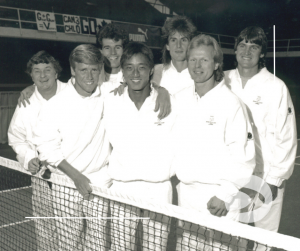
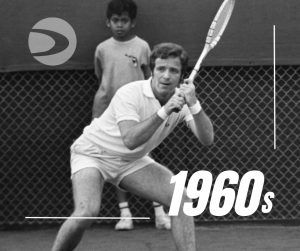
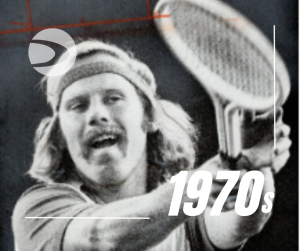
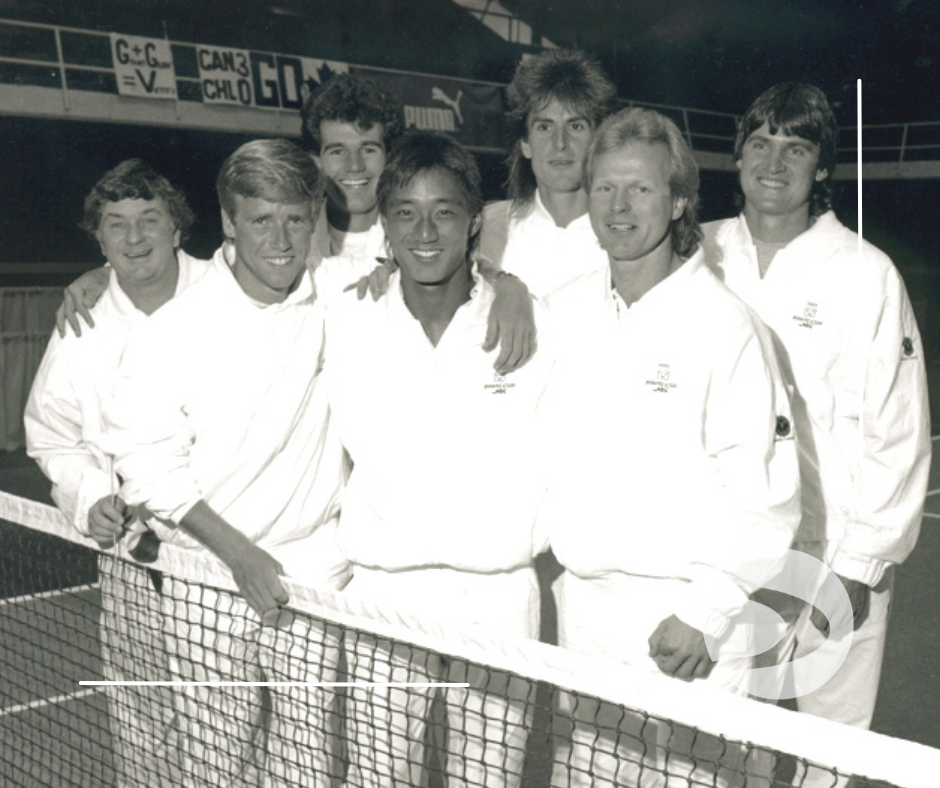
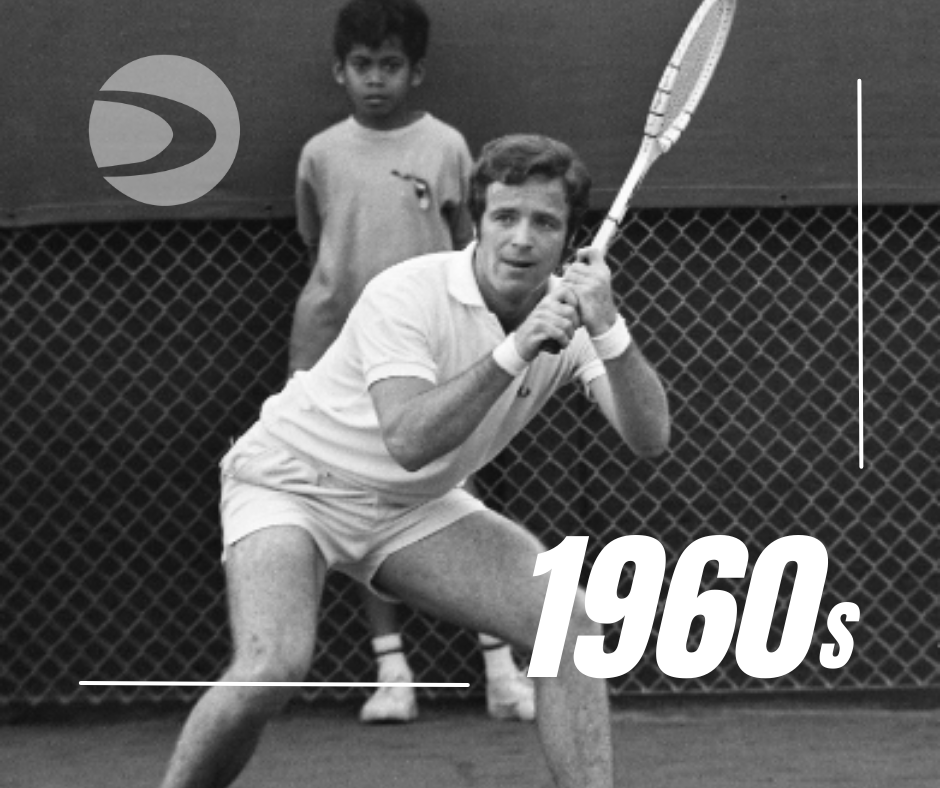
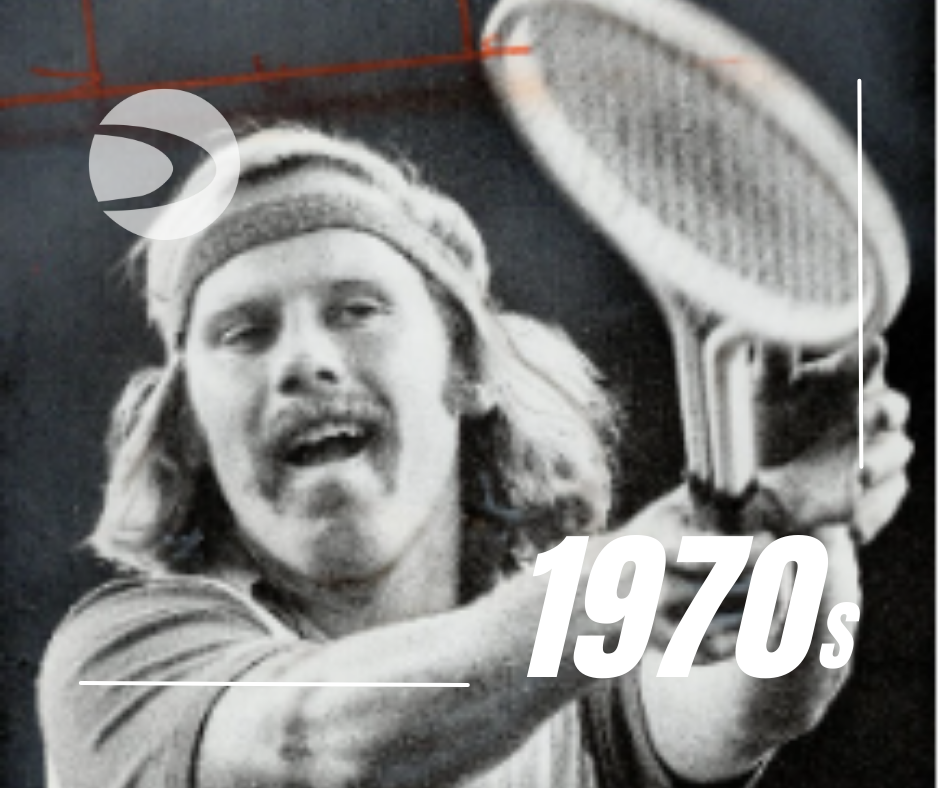
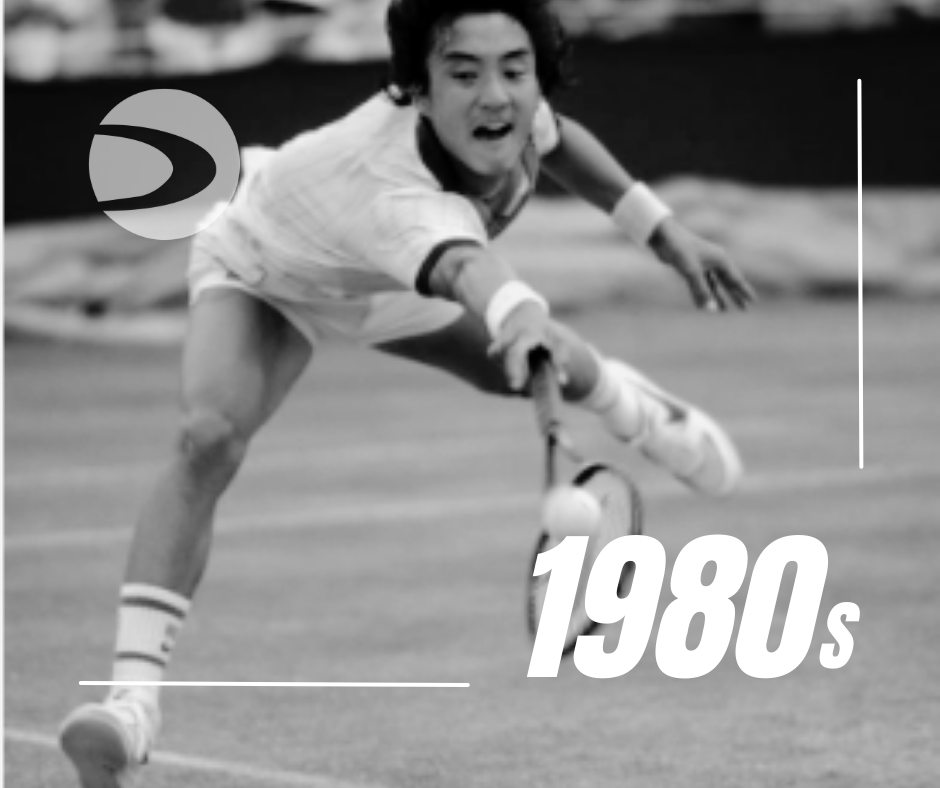
One Response